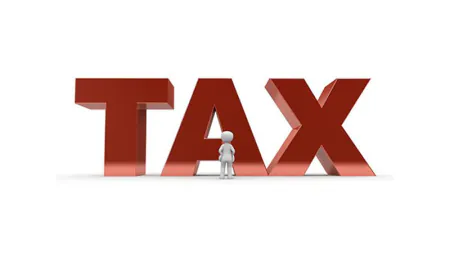Expected reduction in prices of CNG and piped gas, regulator proposes to change pipeline charges
Piped Gas: The oil and gas regulator has proposed to charge a minimum rate from urban gas units selling CNG and piped cooking gas to homes. With the implementation of this policy, gas is expected to be available to consumers at cheaper rates. Let's know about this.

The oil and gas regulator PNGRB has introduced significant changes in the rules and proposed a new tariff-setting policy for pipelines delivering gas to consumers. If the proposal is accepted, it may lead to the reduction of the prices of CNG and PNG. The regulator has proposed that the urban gas units delivering CNG and piped cooking gas to consumers be levied at a minimum rate.
The Petroleum and Natural Gas Regulatory Board (PNGRB) has issued a public consultation paper for the revision of regional tariffs on pipelines carrying natural gas from its production fields or import terminals. The revision has been brought for power generation units that produce electricity from it. Apart from this, it will affect the fertilizer units that make urea from it. Apart from this, it will also affect the city gas units that convert it into CNG for selling automobiles and supply it to domestic kitchens for cooking.
"In another far-reaching reform to bring investment and increase gas consumption in the country, especially CNG and domestic piped natural gas (used in domestic kitchens for cooking), PNGRB has come up with a proposal to reduce the price of piped natural gas used for domestic consumers and transport," the regulator said.
A public consultation document (PCD) has been webhosted to receive comments from stakeholders on various aspects of tariff regulation. Under this, it has been proposed to reduce the integrated tariff zones from three to two.
PNGRB regulates the transmission tariffs for natural gas pipelines. These are fixed to provide a standard return on capital employed of 12 percent. These charges, traditionally, were apportioned along the length of the pipeline and increased as the gas moved away from the source. This resulted in consumers located at greater distances from the source paying higher charges. To resolve distance-related dislocations in natural gas pricing, a unified tariff for all consumers connected to the natural gas grid was proposed in November 2020 and implemented from April 1, 2023.
For Latest News update Subscribe to Sangri Today's Broadcast channels on Google News | Telegram | WhatsApp




































.jpeg)


































































































